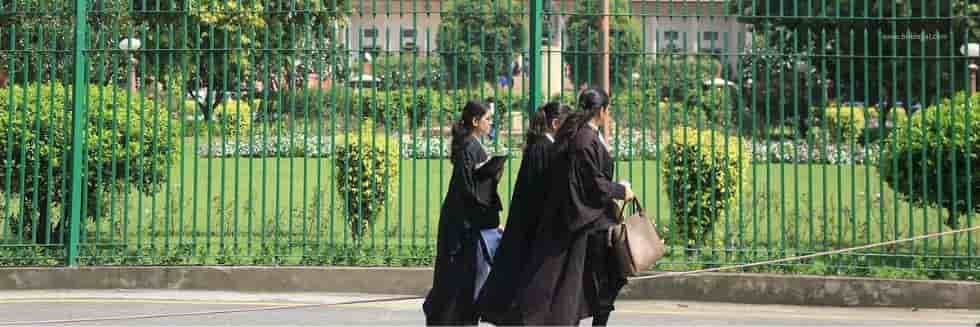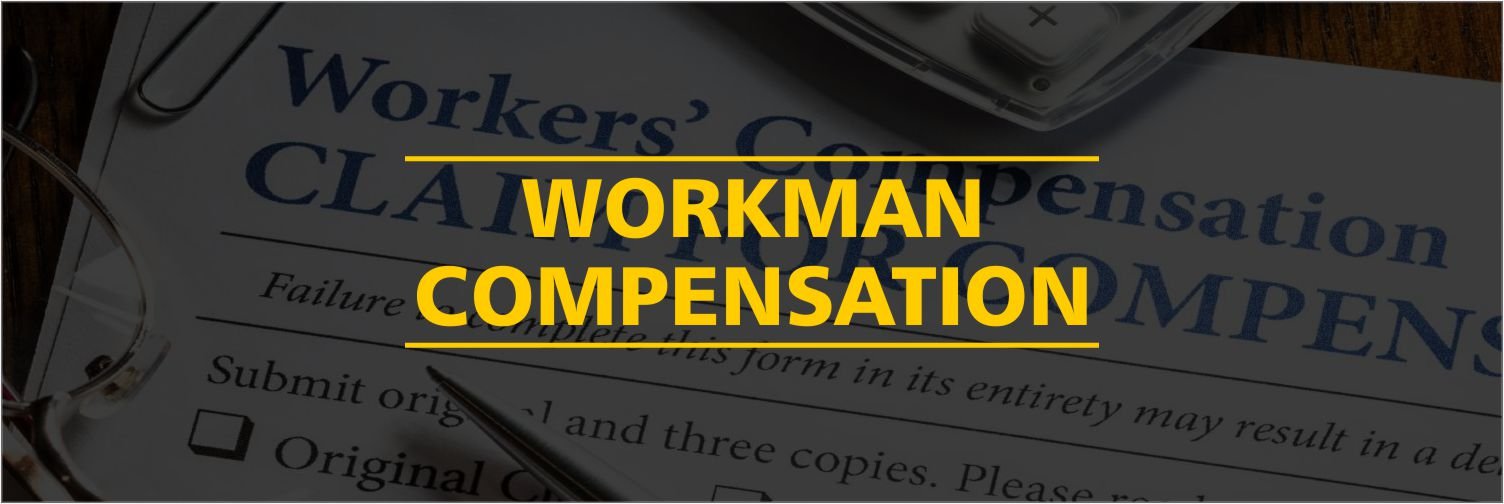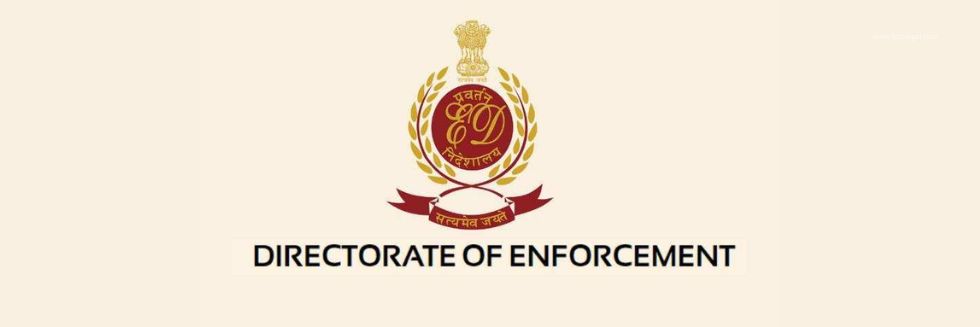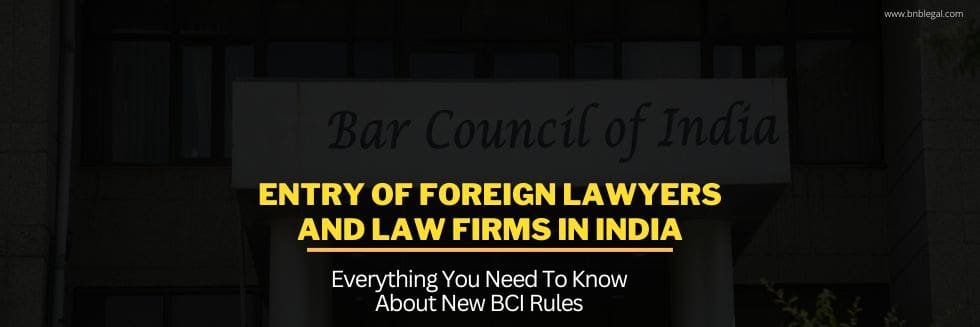Introduction
The Advocates (Amendment) Bill was one of the initiatives taken by the Central government to get rid of any outdated laws that are no longer necessary. Introduced on August 1, 2023, it swiftly passed the Rajya Sabha on August 3, 2023. The Lok Sabha approved it on December 4, 2023 during the Winter Session’s opening day. On December 8, 2023, the President ratified the bill. The Advocates (Amendment) Act of 2023 amends the Advocates Act, 1961, bringing significant changes to India’s legal system. Released by the Ministry of Law and Justice and numbered 33 of 2023, the Act is not yet in effect. The Central Government will announce the start date in the Official Gazette.
Tracing The History
In Mahipal Rana Singh Rana v. State of Uttar Pradesh (AIR 2016 SC 3302), a case where an advocate threatened and intimidated a Civil Judge (Senior Division), the Supreme Court noted that the provisions of the Advocates Act pertaining to the legal profession’s regulatory mechanism urgently needed to be reviewed. Former Judge Adarsh Kumar Goel, Former Judge Kurian Joseph, and Former Chief Justice of Bombay High Court Anil R. Dave made up the three-judge bench that had asked the Indian government and Law Commission to take the necessary action in this respect.
The 21st Law Commission of India published a notice on August 29, 2016, seeking feedback on “the need for reform in the regulation of the legal profession”. In response to the aforementioned directive, the Commission received 136 answers to the notice from a variety of sources in the industry, including academic institutions, researchers, judges, attorneys, bar councils, bar associations, and government officials.
A cursory review of the Advocates Act, of 1961 revealed a lack of specified regulatory aims and standards. The Law Commission then sent the Government its 266th report, titled “The Advocates Act, 1961 (Regulation of Legal Profession),” on March 23, 2017, with recommendations for significant amendments to the legislation.
The Commission stated that, given the scope of the legal profession’s involvement in practically every aspect of life, it was imperative to review the Advocates Act’s regulatory mechanism concerning both discipline and misconduct issues involving advocates as well as other areas.
“To strengthen the bar councils’ role in internal affairs as well, a few measures pertaining to its composition and powers must be included. The question of foreign solicitors and law firms practising in India has arisen as a result of the legal profession’s globalisation.”
The Commission suggested that the Advocates Act be comprehensively amended, taking into account not only the current requirements but also any future ones that could emerge for the better administration and control of the legal profession.
To ensure that effective measures are taken against lawyers engaging in professional misconduct, the Law Commission introduced The Advocates (Amendment) Bill, 2017 in March 2017. The main proposals included allowing entry of foreign law firms and lawyers, punishing lawyers who go on strike, and requiring that bar councils have one non-lawyer member.
On March 31, 2017, the Bar Council of India declared a nationwide strike in all courts to protest the Law Commission of India’s Advocates (Amendment) Bill, 2017, which the BCI described as “draconian, undemocratic, and anti-lawyer.” The BCI further stated that “a bare perusal of the Bill establishes that the Law Commission has admitted to destroy the independence and autonomy of the Indian Bar completely.
On the previous day, the Supreme Court Bar Association”s [SCBA] Executive Committee adopted a resolution denouncing the Law Commission of India’s planned amendments to the Advocates Acts. It was said that these revisions would damage the legal profession, in addition to endangering the independence, efficacy, and autonomy of the nation’s legal community and the court. Despite making it apparent that it will not take part in the BCI-called strike on March 31st.
There were worries that the Bill would violate the authority of bar councils and organisations as it was met with strong criticism from the legal profession, especially the Bar Council of India. Consequently, neither the Rajya Sabha nor the Lok Sabha were able to pass it.
Rabindra Kumar Jena, the Member of Parliament for Odisha, introduced the Advocates (Amendment) Bill, 2019 once more in 2019. This bill proposes to amend the provisions of the Advocates Act, which prohibit any advocate who has been found guilty of serious misconduct or obstructing court work from being enrolled, removed from Centre or State service, or have their name removed from the State rolls.
Following a letter from the Ministry of Law and Justice seeking its thoughts on the Bill filed by Jena proposing revisions to Sections 24A and 26A of the Advocates Act, 1961, the BCI solicited input from all State Bar Councils.
However, this second amendment proposal was likewise unsuccessful.
Arjun Ram Meghwal, the Union Law Minister, finally tabled the Advocates (Amendment) Bill, 2023 in Parliament on July 31, 2023. After consulting with the Bar Council of India (BCI), the government made the decision to alter the Advocates Act of 1961 and repeal the Legal Practitioners Act of 1879.
The measure has now been approved in both houses and has received the president’s assent, to become The Advocates (Amendment) Act, 2023 in December 2023.
What Is The Aim Of The Amendment Act?
- To alter the Advocates Act, of 1961 to govern the legal profession exclusively through a single act
- To abolish outdated portions of the Legal Practitioners Act, 1879
- To merge the provisions of Section 36 of the Legal Practitioners Act, 1879 into the Advocates Act, 1961 to decrease the amount of “superfluous enactments” on the statute books
A Brief About The Legal Practitioners Act, 1879
It significantly altered the definition and purview of legal practitioners. The purpose of this Act was to supervise the legal profession and enhance the credentials and conduct of solicitors. It abolished the Pleaders, Mukhtars and Revenue Agents Act of 1865. At this time, there were six different categories of practitioners functioning in India – Advocates, Solicitors (Attorneys), and Vakils in the High Court; Pleaders, Mukhtars and Revenue Agents in the Lower Courts. Vakils were legal graduates from Indian Universities, Pleaders and the Mukhtars were Indian lawyers and Advocates were to be the Barristers. It said that an Advocate or Vakil on the roster of any High Court may practise in all courts that are inferior to the courts on which he was registered on the list. This legislation gave the High Court the authority to establish regulations that would be compliant with the statute regarding the suspension and termination of the Pleaders and Mukhtars. According to the Act, the High Court has disciplinary authority over the Pleaders and Mukhtars of its High Courts (apart from the Attorneys) as well as those of its lower courts. The authority to create and disseminate lists of touts in court is covered in Section 36 of this Act.
A Brief About the Advocates Act, 1961
The Law Commission suggested removing the 1879 Act in its 249th Report, “Obsolete Laws: Warranting Immediate Repeal.” Furthermore, in 1953, the All-India Bar Committee issued its suggestions about the matter. Taking these into account, an updated version of the Indian Bar Council Act, 1926 was passed on May 19, 1961, and went into effect from August 16, 1961. It establishes the composition of the State Bar Council and Bar Council of India’s members, defines the authority of the Bar Council of India and the State Bar Council, eliminates the distinction between a vakil and an advocate, and states that an advocate who has registered with one State Council is not eligible to enrol with another State Council at the same time. It also outlines the rights and obligations of advocates.
What Are The Key Provisions Of The Amendment Act?
- Amends Section 50 of the Act, to do away with Sections 1, 3 and 36 of the Legal Practitioners Act, 1879
- Modifies the 1961 Act by incorporating a new provision, Section 45, which mandates six months in jail for anyone who unlawfully practise in courts and before other authorities.
- Every High Court, district judge, sessions judge, district magistrate, and revenue official (not less than the level of district collector) is permitted by the newly added Section 45A of the Act to create and disseminate lists of touts.
- Subordinate courts may be ordered to investigate the behaviour of individuals who are suspected or known to be touts by the authorities who have the authority to compile and publish the list of touts.
- If a person is found to be a tout, their name will be added to the list of touts that the authorities will publish and have displayed in every court. No person’s name will, however, be added to any such list unless they have had a chance to object to its inclusion.
- Anybody whose name appears on the list of touts may be barred by the court or judge from the courtroom.
- Anyone found guilty of acting as a tout while their name is on one of these lists faces a maximum sentence of three months in jail, a maximum fine of five hundred rupees, or both.
Tout means someone who either
(i) offers or obtains employment as a lawyer in a legal business in exchange for any money, or
(ii) often goes to civil or criminal court precincts, revenue offices, or train stations to get hired as a lawyer”
Conclusion
The Advocates (Amendment) Act, 2023 offers promising opportunities to enhance the Indian legal system. By addressing the remaining challenges and fostering collaborative efforts, this Act can pave the way for a more efficient, transparent, and accountable legal environment for all ultimately benefiting the justice system and society as a whole. Looking ahead, the legal community should embrace the Act as an opportunity for self-improvement. By upholding ethical standards and prioritizing professionalism, advocates can solidify their role as pillars of justice and ensure access to quality legal services for all. In conclusion, the Act’s long-term success depends on effective implementation, ongoing evaluation, and a commitment from the legal community.
This article is written and submitted by Aditi Ananya during her course of internship at B&B Associates LLP. Aditi is a 2nd year BBA LLB student at Chanakya National Law University, Patna.









